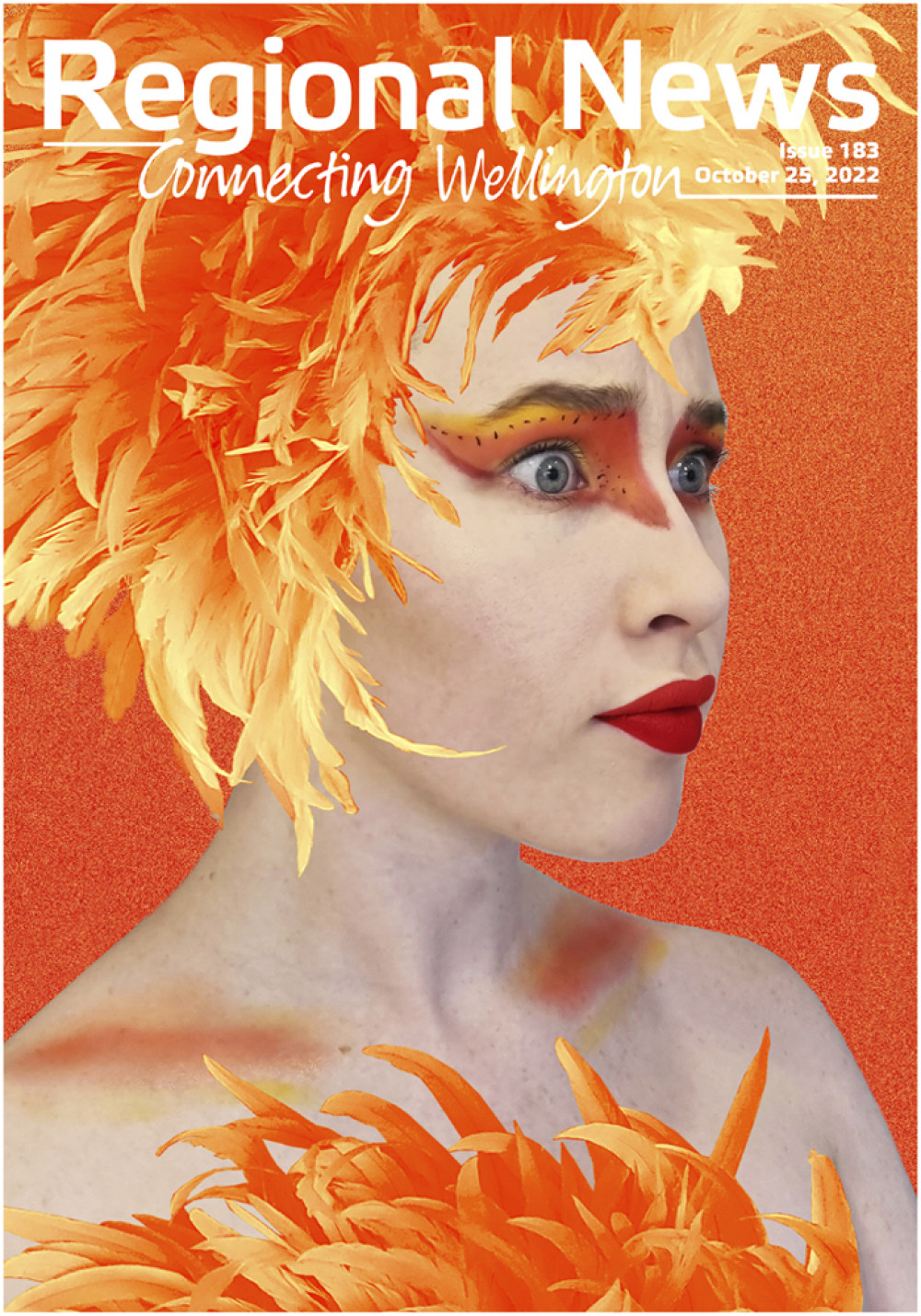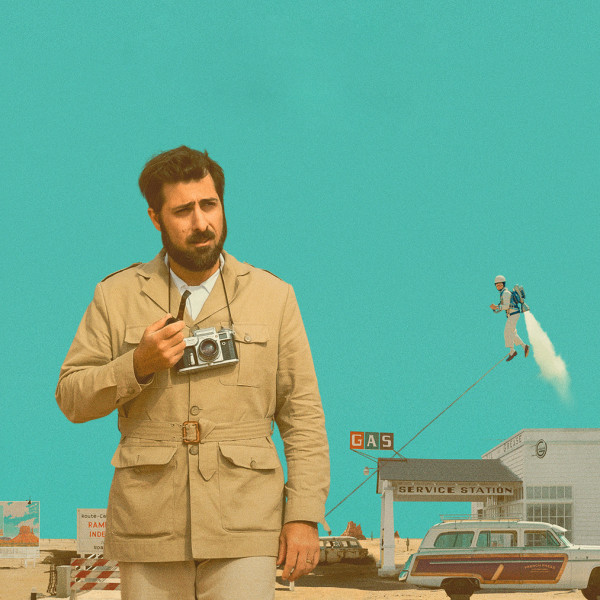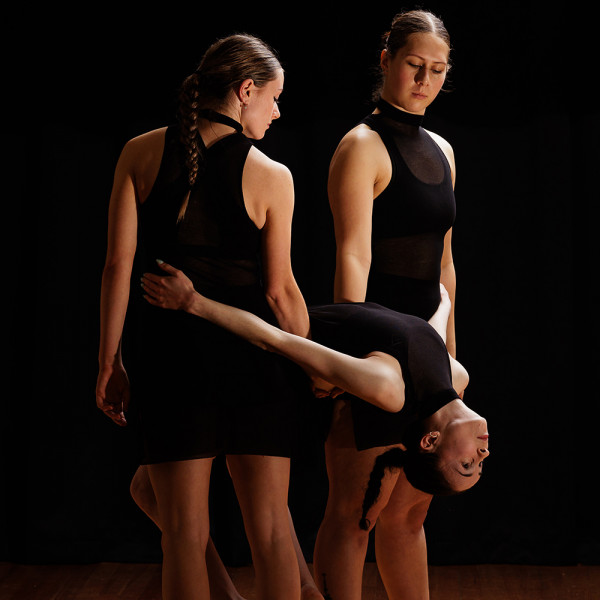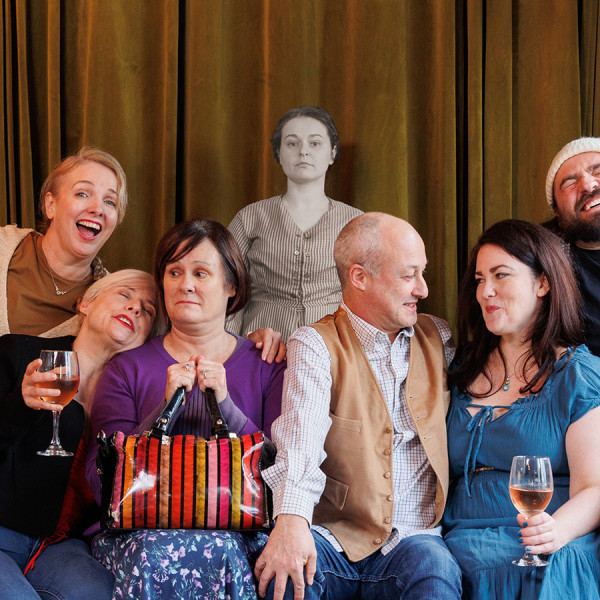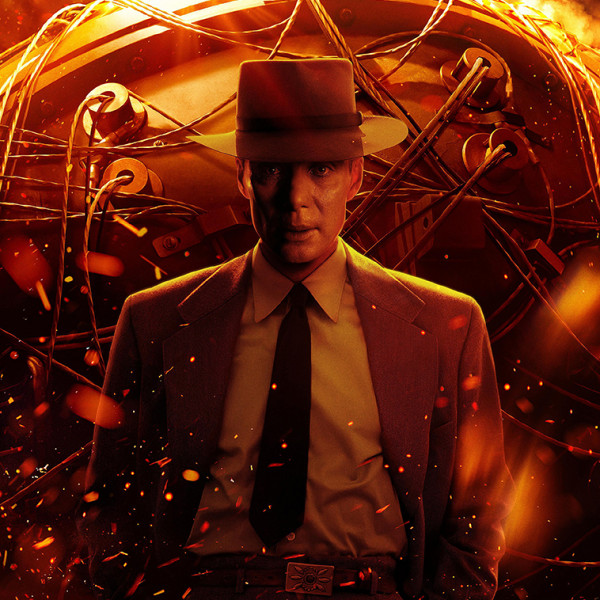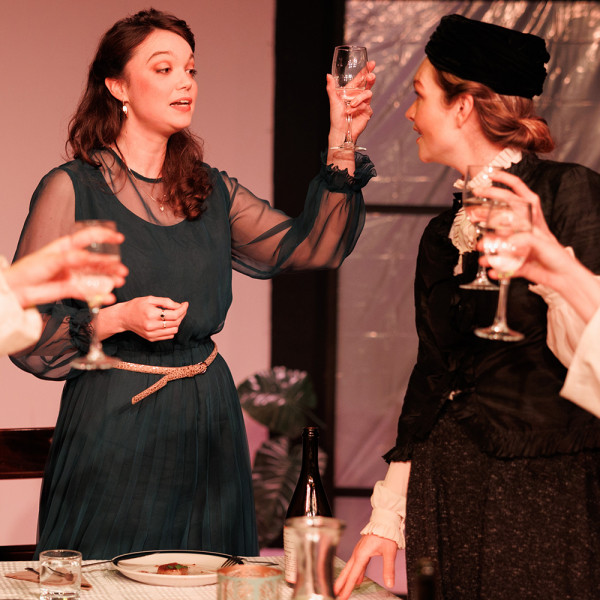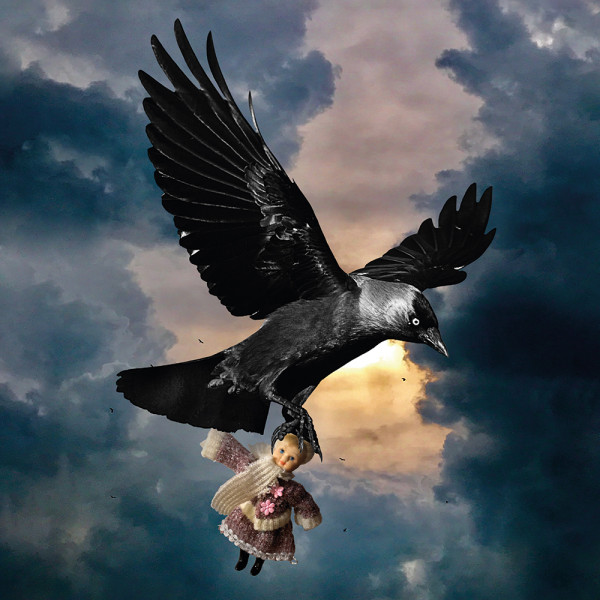
Loops
Presented by: Company Hiraeth
Directed by: Brynne Tasker-Poland
Hannah Playhouse, 15th Sep 2023
Reviewed by: Tanya Piejus
The concept of Loops is deceptively simple – two aerial artists go through a repeated series of movements accompanied by live synthesised music as a commentary on the frustrations and repercussions of burnout. However, to describe it this way is to completely fail to do justice to the mesmerising and immersive quality of this standout production.
Having won or been nominated for several professional theatre awards when it premiered in 2022, Loops has deservedly been singled out for high praise. The two aerial performers, Leanne Jenkins and Fran Muir, are beasts (director Tasker-Poland’s words to me after the show) on the loop and rope. Their mostly asynchronous movements are slick and skilful, even when showing the mental and physical breakdown that comes with burnout. When they do come together, they display touching moments of silently supportive interaction with subtle acting.
Benny Jennings’ live sound design and operation is a work of art. Starting with a soothing meditation tape of relaxation exercises and gentle music, the calming voice progressively becomes less distinct as the music gets louder and more frantic, culminating in screeching discordant notes and, finally, the quiet hiss of static as the performers drop spent to the floor.
Hāmi Hawkins’ lighting does unobtrusive but excellently supportive work to aid the narrative. White lights grow progressively stronger and harsher as the piece progresses, with a soft blue wash from backstage.
I love Tasker-Poland’s meta idea of loops being repeated throughout the production. The performers coil ropes as they perform their routine over and over, a mess of cassette tape circles around the stage and even creeps out onto the stairs, the main musical theme loops around as it increases in intensity.
This repetition is hypnotic and what drew me so readily into the world of the production. By the end I felt as strung out as the performers. As my friend said when the lights came up, “I’m exhausted!” How many other productions can claim to do that? Wow, just wow.



